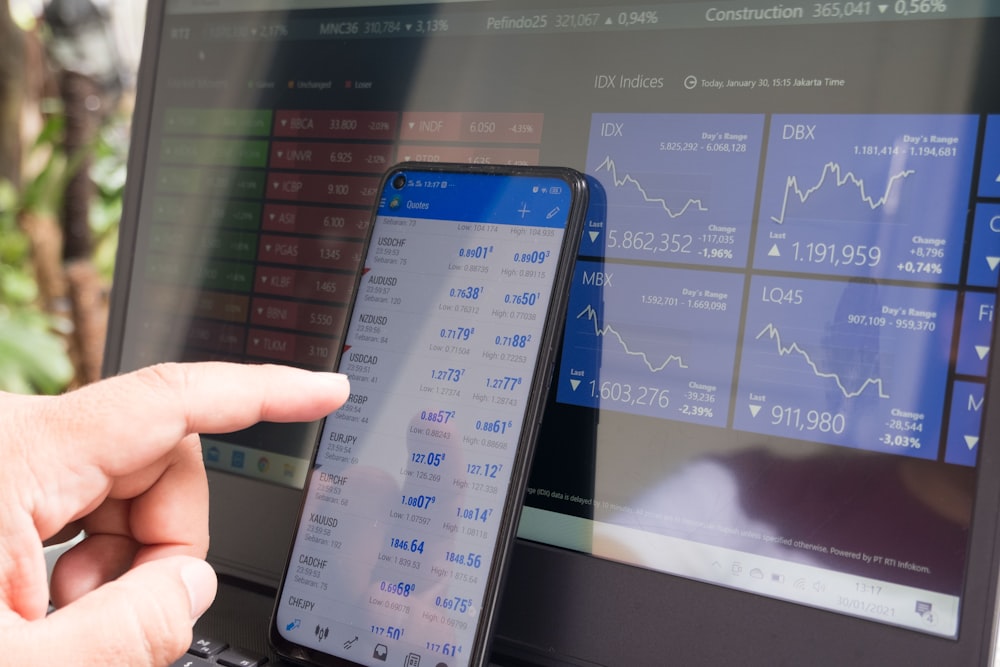

In recent discussions (found here, here, and here), I examined historical instances when geopolitics took center stage in shaping market dynamics. Now, let’s fast-forward to the present day, a time when geopolitics has never wielded more influence.This new decade has begun with a bang – the “Worldwide Lockdown” – an unprecedented event in the annals of human history. And just as it wrapped up, a significant regional military conflict emerged. And just recently, yet another one kicked off.In times like these, we ought to prioritize the flow of capital across nations and asset classes, over metrics like P/E ratios, debt-to-GDP ratios, and similar financial indicators. When there’s a hint of risk that your assets could be “frozen,” including restrictions on capital movement, or, worst-case scenario, being caught in the crossfire of a conflict, the primary concern becomes relocating your family and savings to a place you deem safe and trustworthy. In such moments, how assets measure up against historical values becomes secondary. As it is said, “I’m not so much interested in the return ON my money as I am in the return OF my money.”Now, let’s begin by examining a comparative chart of dollar returns from major stock market indices, as shown below.Topping the list since the start of the decade is the Indian Sensex. It might seem surprising, but there’s a certain logic to it. India has maintained neutral relations with both the USA and Russia. It’s avoided any trade sanctions and has the ability to purchase Russian oil at a discount. This not only stimulates the Indian economy but also promises profitable resale to Europe. A good illustration of the thesis that the world is better off without confrontation. Well, at least more profitable.In second place, we have the S&P 500. No surprises here. It represents the largest economy, the most liquid market, and so on.In the penultimate spot, we find the Chinese CSI300. It’s been on a downward trend due to US trade sanctions and concerns about escalating relations, causing foreign investors to exit Chinese stocks.Bringing up the rear is the Russian RTS Index. Given the extensive sanctions, this isn’t exactly shocking. Nevertheless, it’s worth noting that Russia may be “down” but certainly not “out.”  More By This Author:Who Benefited From The Introduction Of The Euro?
More By This Author:Who Benefited From The Introduction Of The Euro?
Geopolitics And Stock Markets. The Fall Of Communism.
War And The Stock Market
















